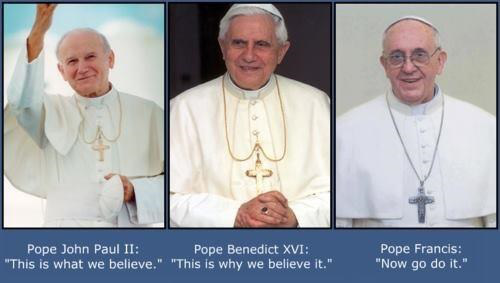
The Gospel for this Sunday tells the story of Jesus encountering the widow from Nain. The encounter was bitterly painful. We hear that Jesus took pity on the woman when he saw her. Pity, not in the present condescending understanding of the word but in its original meaning. Jesus sympathized with her because he too was suffering from her pain.
It was deep pain. As a widow, she had already lost her husband. Her son was her only son. Now, he was dead. Without family to support her, she risked losing her future. Having lost the two men in life she loved, her past was lost. Jesus, though not the first or the last one to raise someone from the dead, as the Bible clearly shows us, walks up, touches the coffin and simply says, "Young man, arise." And he does.
This man was given a second chance at life because of Jesus' mercy. So too, the widow was given a second chance at life at a time when all seemed lost. We are all given second chances in life because the of mercy of the Sacred Heart of Jesus. But it is also to remember that no matter how many chances at life we get, we'll eventually die- just as the widow did; just as her son did; and just as Jesus himself would do. So what are we to do with the life we're given while we have it?
Remember the words from the Gospel of John. "I came so that they might have life and have it more abundantly." (10:10) One day you will die. While you still have life, a life Jesus wants for you to have in abundance, how will you live it- unto your death?



.jpg)





.jpg)